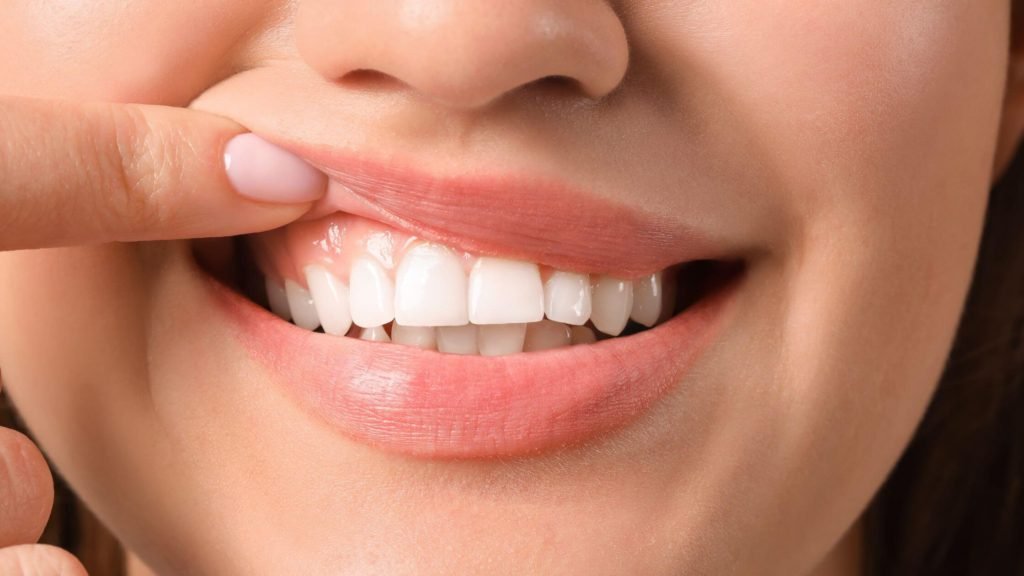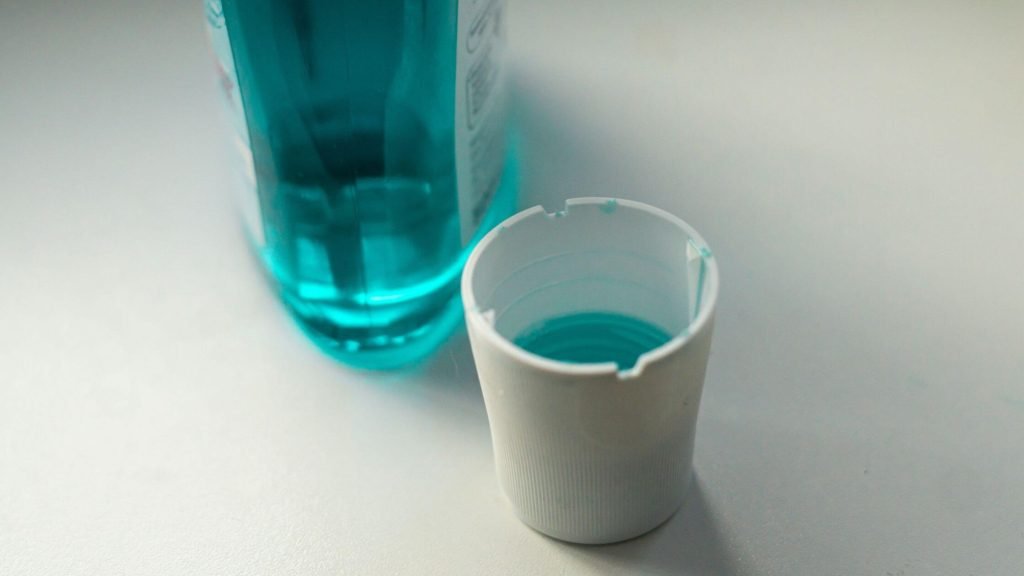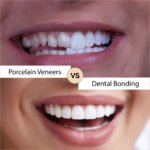
Nov 30, 2023
Millions of people worldwide are affected by gingivitis and periodontitis. One of the most noticeable symptoms is bleeding gums, often accompanied by inflammation and discomfort. In addition to brushing and flossing, mouthwash plays a critical role in promoting gum health. In this blog, we will explore the significance of mouthwash in combating gingivitis and periodontitis, discuss the best mouthwash options for gum health, and highlight the importance of professional teeth cleaning, particularly in places like Allen, Texas.
It’s vital to understand the conditions mouthwash is designed to treat before diving into its healing powers. Gingivitis is the initial stage of gum disease, characterized by inflammation of the gums, redness, and bleeding. In the absence of treatment, gingivitis can progress to periodontitis, a condition involving inflammation and eventually loss of the bone supporting the teeth that can lead to tooth loss.
Mouthwash plays a crucial role in maintaining gum health by providing an additional layer of protection against harmful bacteria that can contribute to gum disease. It reaches areas that may be challenging to access with a toothbrush or floss, ensuring a more comprehensive cleaning routine. The active ingredients in mouthwash can help reduce plaque, fight bacteria, and soothe inflamed gums, making it an excellent complement to regular oral care practices.

Choosing the right mouthwash is crucial to effectively combating gum disease. Look for mouthwashes that contain antibacterial agents such as chlorhexidine or cetylpyridinium chloride. These ingredients help kill bacteria and reduce plaque formation, contributing to healthier gums.
Another crucial consideration is the fluoride content in mouthwash. Fluoride strengthens tooth enamel and can aid in preventing tooth decay, which is especially important when dealing with gum disease. Additionally, some mouthwashes include natural ingredients like tea tree oil or aloe vera, known for their anti-inflammatory and healing properties.
In the pursuit of optimal oral health, professional teeth cleaning is an indispensable aspect of dental care. Residents of Allen, Texas, have access to a range of dental services, including deep teeth cleaning, aimed at addressing and preventing gum disease. Deep teeth cleaning, also known as scaling and root planing, involves the removal of plaque and tartar from below the gumline, where regular brushing and flossing may not be sufficient.
Regular dental check-ups and cleanings are vital for monitoring the health of your gums and catching any signs of gingivitis or periodontitis early on. Dental professionals in Allen, Texas, can provide personalized advice on the best mouthwash for your specific needs and help you establish an effective oral care routine.
Now that we understand the importance of mouthwash for gum health let’s explore its healing power in more detail. Using an effective mouthwash consistently can lead to the following benefits:
Mouthwash containing antibacterial agents helps reduce the growth of harmful bacteria in the oral cavity. This, in turn, minimizes the risk of gum infections and inflammation.
Plaque is a sticky film of bacteria that adheres to the teeth and gums, leading to various dental issues. A good mouthwash can aid in breaking down plaque and preventing its accumulation, contributing to healthier gums.
Mouthwashes with anti-inflammatory properties, such as aloe vera or chamomile, can help soothe inflamed gums. This not only provides relief from discomfort but also supports the overall healing process.
Proper blood circulation is essential for the healing of damaged tissues. Some mouthwashes promote better gingival blood flow, enhancing the natural healing mechanisms of the gums.
To reap the full benefits of mouthwash for gum health, it’s crucial to incorporate it into your daily oral care routine. Follow these steps to ensure effective use:
As mentioned earlier, select a mouthwash that suits your specific needs, whether it’s combating bacteria, reducing inflammation, or strengthening tooth enamel.

Rinse your mouth according to the instructions on the mouthwash label. Typically, a swish and gargle for 30 seconds to one minute is sufficient. Be sure not to swallow mouthwash.
For optimal results, use mouthwash consistently as part of your daily oral care routine. This will help maintain a healthy balance of oral bacteria and contribute to long-term gum health.
Bleeding gums are not to be ignored, as they can be early signs of gum disease. While regular brushing and flossing are essential components of oral care, the healing power of mouthwash should not be underestimated. Choosing the best mouthwash for gum health, incorporating it into your daily routine, and complementing it with professional teeth cleaning, especially in places like Allen, Texas, can go a long way in preventing and managing gingivitis and periodontitis. Remember, a healthy smile starts with healthy gums, and mouthwash can be a valuable ally in achieving and maintaining optimal oral health.


Stop Waiting for Pain: Why Prevention Beats Costly Dental Treatments

Pulpotomy vs. Pulpectomy: What’s the Difference



| M | T | W | T | F | S | S |
|---|---|---|---|---|---|---|
| 1 | 2 | 3 | 4 | |||
| 5 | 6 | 7 | 8 | 9 | 10 | 11 |
| 12 | 13 | 14 | 15 | 16 | 17 | 18 |
| 19 | 20 | 21 | 22 | 23 | 24 | 25 |
| 26 | 27 | 28 | 29 | 30 | 31 | |
